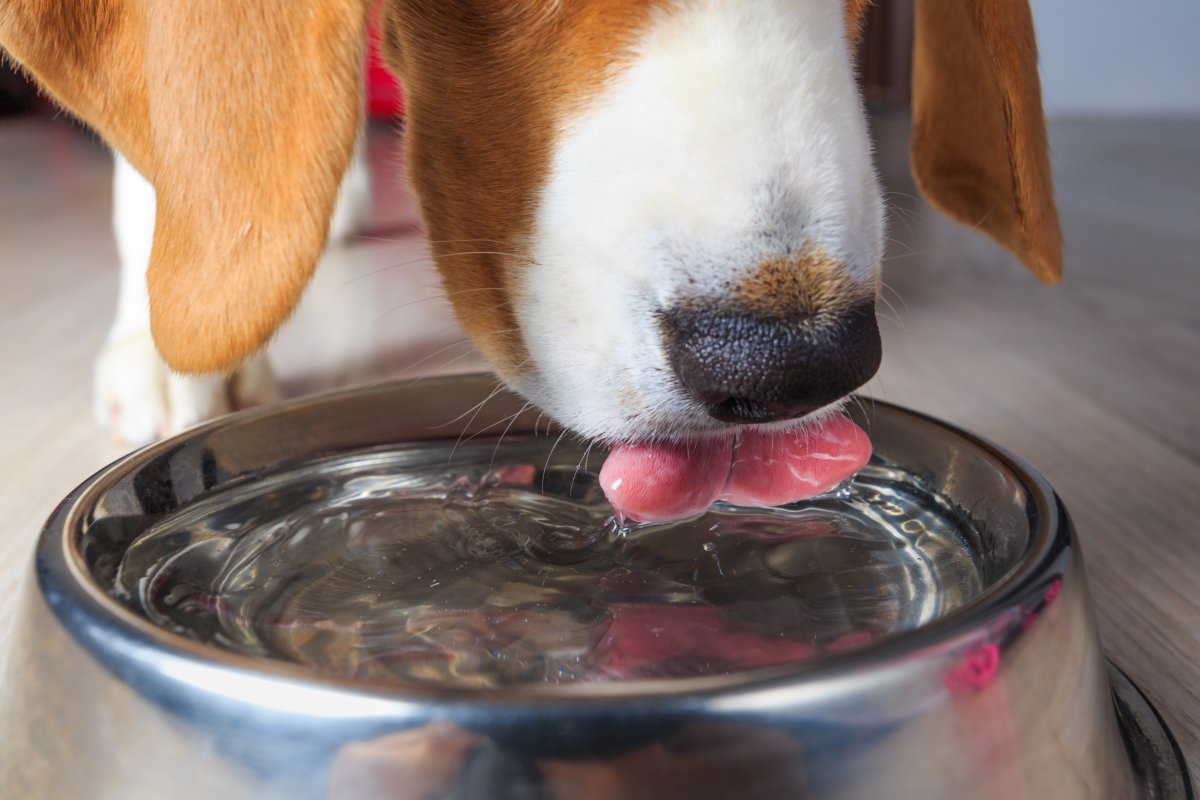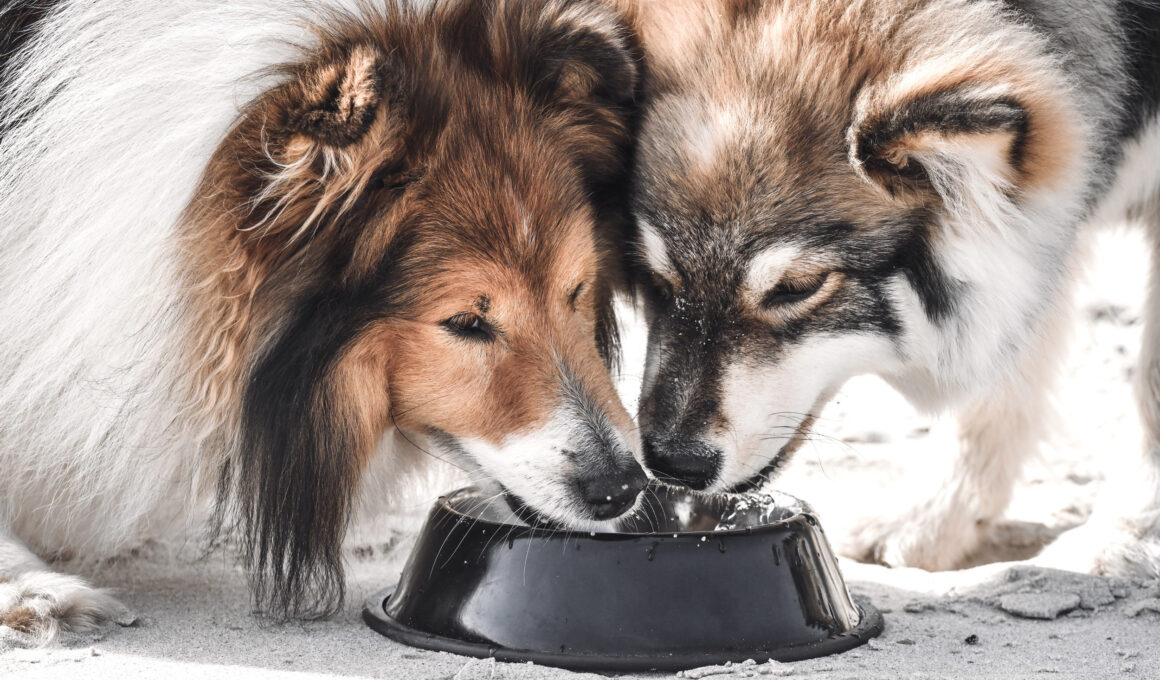A veterinary professor has warned dog owners about the dangers of letting their pets share public water bowls.
Allowing your dog to drink out of a communal drinking bowl while out and about could expose them to a litany of diseases, Texas A&M professor Lori Teller has advised.
These public water bowls could be a breeding ground for germs, putting your dog at risk of microbes ranging from salmonella to leptospirosis, especially if the water has been sitting for a while.
“This is of particular concern if the bowl is not cleaned regularly or if the water is left standing for extended periods of time,” Teller said in a statement. “Stagnant water can retain environmental contaminants, such as plant material, parasites, toxins, mold, and more. Dogs that have stepped in fecal matter and then played in the bowl could leave parasites and bacteria in the water.”
Some of the diseases that could be transmitted from dog to dog via a communal water bowl include kennel cough, canine papilloma, giardia, E. coli, along with salmonella and leptospirosis.
Kennel cough is a highly contagious respiratory disease in dogs, often caused by a combination of viruses and bacteria. The most common culprits include the Bordetella bronchiseptica bacterium and canine parainfluenza virus. Symptoms include a persistent, dry cough, retching or gagging, a runny nose and sneezing, and a fever in more severe cases.
Canine papilloma virus causes warts, which are benign tumors usually found on the lips, inside the mouth, or around the eyes. These are typically not painful unless they become infected or inflamed.
Salmonella and E. coli are bacterial infections that can cause diarrhea, vomiting, fever and dehydration, while giardia is a protozoan parasite that infects the intestines of dogs, causing similar symptoms.
Leptospirosis is a bacterial disease caused by the leptospira bacteria, often transmitted through contact with urine from infected animals such as rodents, and can lead to kidney damage.
Teller advises dog owners to use their best judgment regarding the water quality in a public bowl, and if possible, bring their own drinking water for their dogs during hot weather.
“Ideally, owners would carry a collapsible, portable bowl and some fresh water with them to give to their dog,” Teller said. “Alternatively, they could stop at a restaurant or convenience store and request a cup of water.”

However, she notes that if your dog is clearly dehydrated and really needs a drink, then letting it drink out of a public bowl is worth the risk.
While a potential risk will always be present in publicly available water bowls, Teller believes there are certain situations when these risks are worth taking.
“If your dog is hot and thirsty and at risk of dehydration, then that may take precedence over avoiding the water in the bowl,” Teller said.
Sharing water bowls between dogs within the same household is usually OK, Teller notes.
“In most cases, dogs living in the same house will be exposed to similar infectious agents, so sharing a water bowl will not have a tremendous impact on that,” Teller said. “It is still important that water bowls (and food bowls) be washed with soap and hot water on a regular basis.”
However, in some cases, it might be better for certain dogs to have separate food and water bowls.
“Often, dogs may need different portions of food, and in many cases, one dog may need a diet change due to a medical condition; that can be much more challenging to manage if the dogs share a bowl,” Teller said. “Or, one dog may prevent another from eating out of the bowl.”
Do you have a tip on a science story that Newsweek should be covering? Do you have a question about dog disease? Let us know via science@newsweek.com.







